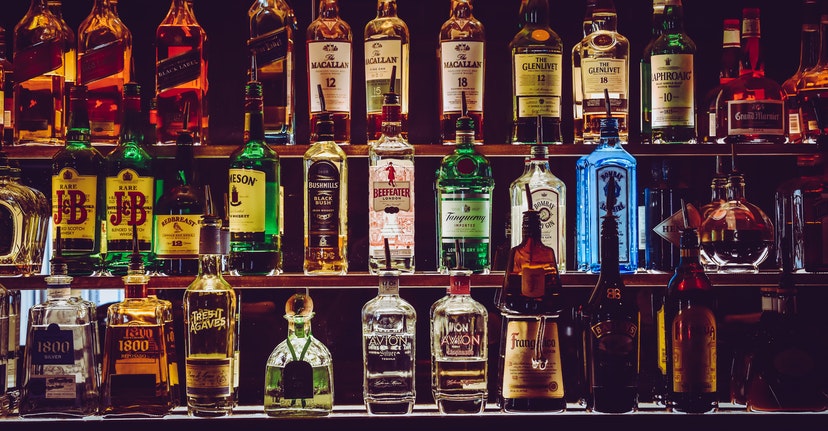Liquor vs. Beer: the Rivalry Intensifies During the Pandemic
New Liquor Regulations Could Harm Beer Companies
Jim Koch, Boston Brewing Company (SAM) founder often referred to as the “founding father of the American craft brewery movement”, has been reaching out to fellow beer company executives with a warning that liquor is gaining momentum. Koch points out that the liquor industry has an effective lobbying organization that has been successful in changing regulations tied into the distribution and taxation of liquor. He maintains that these new rules could be detrimental to the beer industry.
Liquor companies have been searching for ways to eat into beer’s market share for decades. Their latest strategy is selling canned cocktails. Industry analysts note this coincides with marketing efforts from distilleries aiming to tone down the irresponsible and hard-partying image associated with spirits. In order to achieve these goals, lobbying efforts have centered around changing taxation and distribution laws, which are different for beer and liquor.
Changing Consumer Habits
Koch wrote a letter to his fellow beer industry executives and discussed a video in which a liquor executive claimed they could take away 10% of beer’s $88 billion market share. Liquor companies have increased their market share by 10% since 2000, while beer’s market share declined by 10% during the same time period. Beer prices have also climbed faster when compared to liquor, as pricier craft beers entered the picture.
COVID-19 also plays a role in changing consumer habits. Lockdowns meant hundreds of gallons of beer was stuck in shuttered stadiums, concert halls, bars, and restaurants. Homebound individuals have also been spending more on pricier liquors, and to-go cocktails were permitted in many areas. In that same vein, liquor companies have invested heavily in canned cocktails. Industry analysts note that canned cocktails allow liquor companies to target consumers in spots typically dominated by beer sales such as outdoor parties and the beach.
Liquor Investing in Canned Cocktails, Regulation Could Be the Key
Liquor industry executives say consumers like canned cocktails because they give the feeling of being at a bar while staying in. Diageo (DEO) recently launched canned cocktails under their Crown Royal whiskey and Ketel One vodka brands, and the company is investing $80 million in two new canning lines in Illinois. This trend threatens to dash one of the beer industry’s big hopes: hard seltzer. While Boston Beer Company’s Truly and AB Inbev’s (BUD) Bud Light seltzer have been successful, sales of canned cocktails grew at double the rate of hard seltzer sales during 2021.
The rules governing the sale of spirits are important factors here. Historically, liquor has faced higher taxation rates and stricter distribution rules — largely because of the argument that spirits have a more significant public health risk. Liquor companies argue that’s unfair, and point to state driving manuals that distinguish different drinks based on volume, not type of beverage. Some states have already lowered taxation rates on liquor, which is a huge plus for canned cocktail makers. There are also efforts underway aimed at eliminating rules that allow beer sales on Sundays while prohibiting liquor sales.
Consumer habits and attitudes around beer and liquor are changing. Beer and liquor companies will be competing to see who will be the life of the party in the coming years.
Please understand that this information provided is general in nature and shouldn’t be construed as a recommendation or solicitation of any products offered by SoFi’s affiliates and subsidiaries. In addition, this information is by no means meant to provide investment or financial advice, nor is it intended to serve as the basis for any investment decision or recommendation to buy or sell any asset. Keep in mind that investing involves risk, and past performance of an asset never guarantees future results or returns. It’s important for investors to consider their specific financial needs, goals, and risk profile before making an investment decision.
The information and analysis provided through hyperlinks to third party websites, while believed to be accurate, cannot be guaranteed by SoFi. These links are provided for informational purposes and should not be viewed as an endorsement. No brands or products mentioned are affiliated with SoFi, nor do they endorse or sponsor this content.
Communication of SoFi Wealth LLC an SEC Registered Investment Adviser
SoFi isn’t recommending and is not affiliated with the brands or companies displayed. Brands displayed neither endorse or sponsor this article. Third party trademarks and service marks referenced are property of their respective owners.
SOSS22010501



